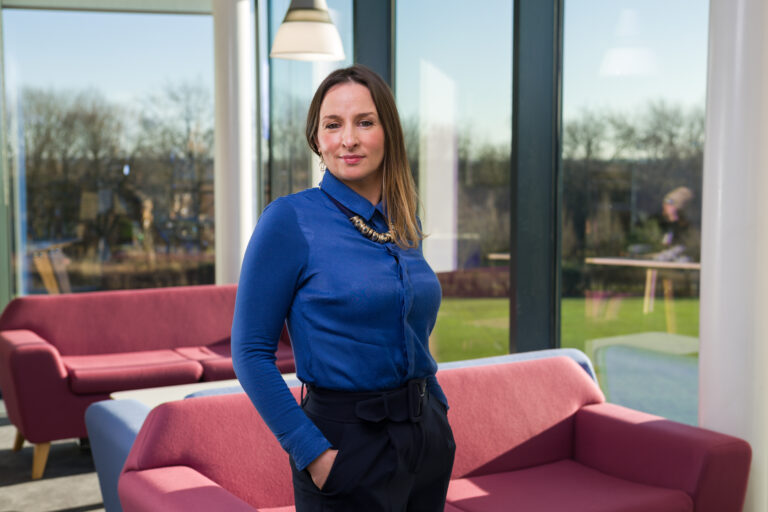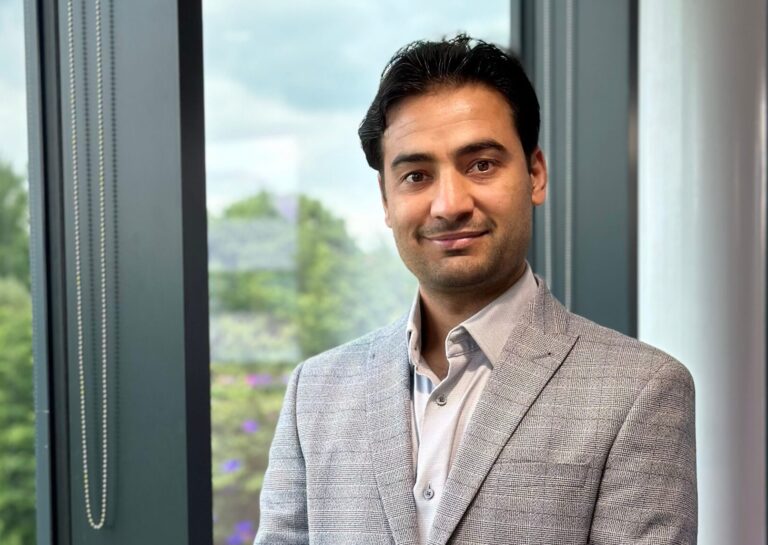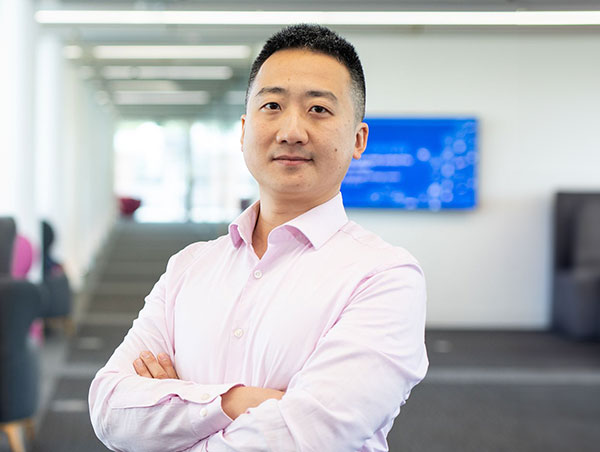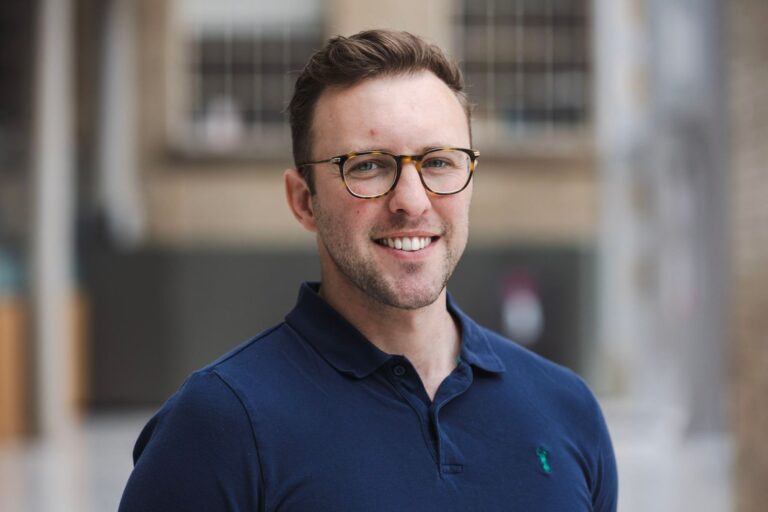
Publications
TARUM, J., DEGENS, H., TURNER, M.D., STEWART, C., SALE, C. and SANTOS, L., 2023. Modelling skeletal muscle ageing and repair in vitro. Journal of Tissue Engineering and Regenerative Medicine, 2023: 9802235. ISSN 1932-6254
MATTHEWS, J.J., TURNER, M.D., SANTOS, L., ELLIOTT-SALE, K.J. and SALE, C., 2023. Carnosine increases insulin-stimulated glucose uptake and reduces methylglyoxal-modified proteins in type-2 diabetic human skeletal muscle cells. Amino Acids. ISSN 0939-4451
SANTOS, L., TARUM, J. and BALL, G., 2022. Artificial intelligence analysis identified novel genes linked to age-related changes in human skeletal muscle: 2175. Medicine and Science in Sports and Exercise, 54 (9S), p. 631. ISSN 1530-0315
TARUM, J., TURNER, M.D., SALE, C., STEWART, C.E., DEGENS, H. and SANTOS, L., 2022. In vitro regeneration capacity in response to chemical injury is compromised in aged vs young muscle cells: 2099. Medicine and Science in Sports and Exercise, 54 (9S), p. 614. ISSN 1530-0315
SANTOS, L., GONÇALVES, L.S., BAGHERI-HANEI, S., MÖLLER, G.B., SALE, C., JAMES, R.M. and ARTIOLI, G.G., 2021. Insulin stimulates β-alanine uptake in skeletal muscle cells in vitro. Amino Acids, 51, pp. 1763-1766. ISSN 0939-4451
MATTHEWS, J.J., DOLAN, E., SWINTON, P.A., SANTOS, L., ARTIOLI, G.G., TURNER, M.D., ELLIOTT-SALE, K.J. and SALE, C., 2021. Effect of carnosine or β-alanine supplementation on markers of glycemic control and insulin resistance in humans and animals: a systematic review and meta-analysis. Advances in Nutrition. ISSN 2156-5376
IRep Publications
https://llr.ntu.ac.uk/rpd/researchpublications.php?pubid=c51028ea-bd92-4f27-b680-988ddd6d37c1
Areas of Expertise
- Tissue Engineering
- Mechanobiology
- Biometrics
Roles and Responsibilities
Dr. Lívia Santos is a Senior Lecturer in Mechanobiology and Tissue Engineering at the School of Science and Technology, Nottingham Trent University (NTU).
She joined NTU in 2016 as an Independent Research Fellow after extensive post-doctoral training in Prof. Molly Stevens’s lab at Imperial College London, UK and with Prof. Rui Reis at the European Headquarters for Tissue Engineering and Regenerative Medicine, Portugal.
Lívia’s post-doctoral training at Imperial College London was supported by a prestigious Intra-European Marie Curie Fellowship and allowed her to investigate the impact of extracellular stiffness on the formation of new blood vessels within the context of bone regeneration. While an active member, the research group received the prizes Research Group of the Year 2014 and Best European Research Group Led by PI Under 40s. Before this, she was awarded a PhD in Chemical and Biological Engineering from the University of Minho, Portugal, where she investigated the interactions between microbes and contact lens materials.
Her research lab develops muscle and bone models in vitro to understand the cellular and molecular events associated with ageing, regeneration and exercise. Recent studies on muscle ageing and bone regeneration were published by top quartile journals including the Journal of Tissue Engineering and Regenerative Medicine and njp Regenerative Medicine and on hundreds of mainstream media outlets.
Lívia and her team recently patented a technology that allows to significantly upscale the production of tissue-engineered muscle and heart aiming to advance regenerative medicine, drug discovery and the 3Rs (replacement, reduction and refinement of animal use in research).
Other Team Members


